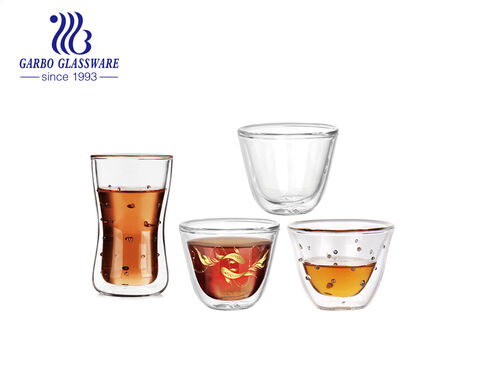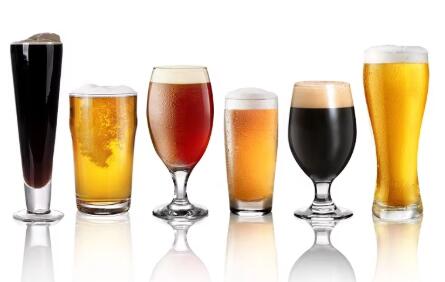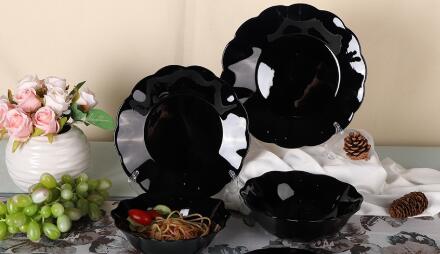Why do the Arabic people like the cawa cup?
Pulished on Mar. 28, 2023Coffee, or "qahwa" in Arabic, has a long and rich history in Arab culture, with the first documented evidence of coffee cultivation dating back to the 15th century in Yemen. Today, coffee remains an integral part of Arab culture, with "cawa," the Arabic word for coffee, being a staple of social gatherings and hospitality throughout the Middle East. In this essay, we will explore the reasons why Arabic people like the cawa cup, from its cultural significance to its health benefits.
1. Cultural significance
In Arab culture, coffee has a long and rich tradition, with its consumption being an essential aspect of social gatherings and hospitality. Drinking cawa with friends and family is a way to connect and bond with one another, and it is often served with dates or other sweets. The coffee ceremony is an important part of Arab hospitality, with guests being welcomed with the offering of coffee as a symbol of respect and friendship.
Moreover, cawa is an integral part of Arab hospitality, and it is often used to signify important events and celebrations. For instance, during Ramadan, the month of fasting in Islam, cawa is served to break the fast at sunset. Additionally, during weddings and other social gatherings, cawa is often served to guests to celebrate the occasion and mark the importance of the event.
2. Taste and aroma
Arabic coffee is made from roasted and ground coffee beans, which are then brewed in a traditional pot called a "dallah." The resulting coffee has a distinct taste and aroma that is unique to the Arab world. Unlike the strong, bitter taste of Western-style coffee, cawa is milder and sweeter, with a rich, smooth flavor.
The aroma of Arabic coffee is also an essential aspect of its appeal. The fragrance of the coffee is an important part of the coffee-drinking experience, with the scent of the coffee serving as a prelude to the rich and robust flavor that follows.
3. Health benefits
Coffee has been shown to have numerous health benefits, and cawa is no exception. Studies have shown that coffee consumption can reduce the risk of several chronic diseases, including type 2 diabetes, liver disease, and certain types of cancer. Additionally, coffee has been shown to improve cognitive function and boost energy levels, making it an excellent choice for those who need a quick pick-me-up.

4. Ritual and tradition
Drinking cawa is not just about consuming a beverage; it is also about participating in a time-honored tradition that has been passed down through generations. The preparation and serving of coffee in Arab culture are steeped in ritual and tradition, with the use of traditional dallahs, cups, and serving trays all playing a significant role in the coffee ceremony.
Moreover, the etiquette surrounding the serving and consumption of cawa is an essential part of the tradition. For example, it is customary to serve coffee with the right hand and to drink it in three sips. Failing to observe these customs can be seen as a breach of etiquette and disrespect.
5. Sense of community
Drinking cawa is not just about enjoying a delicious beverage; it is also about fostering a sense of community and belonging. In Arab culture, coffee is often served in a communal setting, with family and friends gathering around to share a cup of coffee and engage in conversation. This communal aspect of coffee drinking is an important part of Arab culture, with the sharing of coffee serving as a way to build and maintain relationships.
In conclusion, the reasons why Arabic people like the cawa cup are numerous and varied. From its cultural significance to its health benefits, cawa is an essential part of Arab culture, with its consumption being an integral part of social gatherings and hospitality. Whether enjoyed at home with family and friends or served in a traditional coffeehouse,









